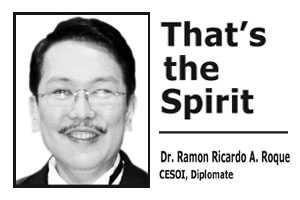JUSTICE delayed is justice denied.
The verdict in the Maguindanao massacre case was finally handed down by Quezon City Regional Trial Court Judge Jocelyn Solis-Reyes last December 19 after ten years of trial.
Eight members of the Ampatuan clan along with some policemen and civilian respondents were found “guilty beyond reasonable doubt” and got a sentence of reclusion perpetua. 14 policemen and an aide of the Ampatuan family were sentenced to six to 10 years imprisonment for being accessories to the crime. 56 others, including a few members of the Ampatuan clan, were acquitted.
Is this a case of “justice denied” because the conviction of those accused, particularly the key members of the Ampatuan family, was “delayed”? Do family members of the victims of the Maguidanao massacre case feel that they were denied justice?
When is justice delayed?
The time element of “justice” needs to be understood and appreciated in the context of the system in which it is sought.
From the point of view of the victims, justice needs to be served the soonest time because that will help them deal with the effects of the crime committed.
For the point of view of those accused, they do not want the justice proceedings to be “rushed” if it means denying them of opportunities to prove their innocence.
In the Maguidanao massacre case, one cannot say that justice was delayed even if it took 10 years before the decision was handed down.
Given the number of victims and accused, this case required



